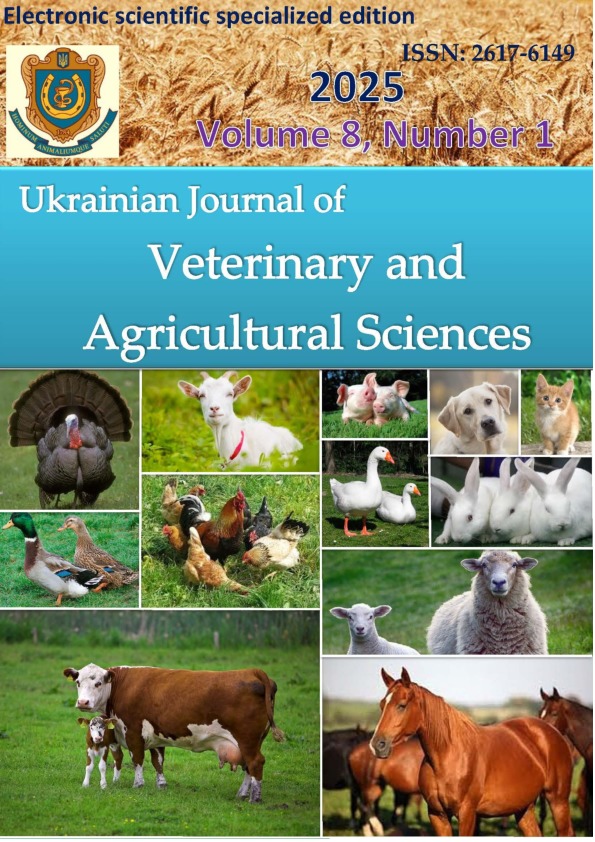id: 38868
Title: The role of melatonin in the regulation of the immune system and reproductive health: mechanisms and prospects for clinical application
Authors: Zhelavskyi M.M., Kernychnyi S.P., Dmytriv O.Ya., Betlinska T.V.
Keywords: melatonin; immune regulation; reproductive health; antioxidant; oxidative stress; fetal development.
Date of publication: 2025-05-01 13:20:12
Last changes: 2025-05-01 13:20:12
Year of publication: 2025
Summary: Melatonin is a multifunctional hormone with diverse physiological roles, particularly in immune regulation and reproductive health. While primarily synthesized by the pineal gland in response to the circadian rhythm, melatonin is also produced in extrapineal tissues such as the placenta, gastrointestinal tract, and reproductive organs, highlighting its systemic significance. Beyond its role in sleep-wake cycle regulation, melatonin exhibits potent antioxidant, antiinflammatory, and immunomodulatory properties, making it essential for maintaining cellular homeostasis and overall physiological stability. In the immune system, melatonin contributes to both innate and adaptive immunity by modulating cytokine production, reducing oxidative stress, and enhancing immune cell activity. It plays a protective role against infections and inflammatory diseases by suppressing pro-inflammatory mediators such as interleukin-6 (IL-6) and tumor necrosis factor-alpha (TNF-α) while promoting anti-inflammatory cytokines like interleukin-10 (IL-10). Additionally, melatonin influences immune tolerance, which is critical for preventing autoimmune responses and ensuring successful pregnancy. In females, melatonin improves oocyte quality, embryo development, and pregnancy outcomes by protecting ovarian follicles from oxidative damage, regulating steroidogenesis, and supporting placental function. Its role in fetal development is particularly significant, as it contributes to maternal-fetal circadian signaling, placental vascularization, and epigenetic modifications that influence gene expression. In men, melatonin contributes to spermatogenesis and improves sperm quality by boosting mitochondrial activity, decreasing oxidative stress, and safeguarding sperm DNA from damage. Additionally, it helps regulate hormone production in the testes, maintaining optimal reproductive health. Given its pleiotropic effects, melatonin holds substantial therapeutic potential for addressing immune dysfunction, reproductive disorders, and pregnancy complications. Future research should focus on clinical applications of melatonin supplementation in treating infertility, pregnancy-related complications, and immune-mediated diseases. Understanding the intricate relationship between melatonin, immunity, and reproduction may pave the way for innovative therapeutic strategies in both human and veterinary medicine. Melatonin is a multifunctional hormone with essential roles in immune regulation and reproductive health. Beyond its well-known function in circadian rhythm regulation, melatonin exerts potent antioxidant, anti-inflammatory, and immunomodulatory effects. It plays a critical role in maintaining immune homeostasis by reducing oxidative stress, modulating cytokine production, and enhancing immune cell function, thereby offering protection against infections and inflammatory disorders. In reproduction, melatonin influences key processes such as oocyte maturation, embryo development, and pregnancy maintenance. It supports fertility by improving ovarian function, regulating gonadotropin secretion, and protecting reproductive tissues from oxidative damage. Additionally, melatonin`s involvement in placental function and fetal development highlights its significance in ensuring successful gestation. Given its widespread physiological effects, melatonin presents promising therapeutic potential for addressing immune-related and reproductive disorders. Future research exploring its clinical applications may lead to novel strategies for enhancing reproductive success and immune resilience in both human and veterinary medicine.
URI: http://www.vsau.vin.ua/repository/getfile.php/38868.pdf
Publication type: Статті у наукових фахових виданнях України (Copernicus та інші)
Publication: Ukrainian Journal of Veterinary and Agricultural Sciences. 2025. Vol. 8, № 1. P. 49-61. URL: https://ujvas.com.ua/index.php/journal/article/view/219/247 DOI: https://doi.org/10.32718/ujvas8-1.08
In the collections :
Published by: Адміністратор
File : 38868.pdf Size : 2503410 byte Format : Adobe PDF Access : For all

| |
|
|